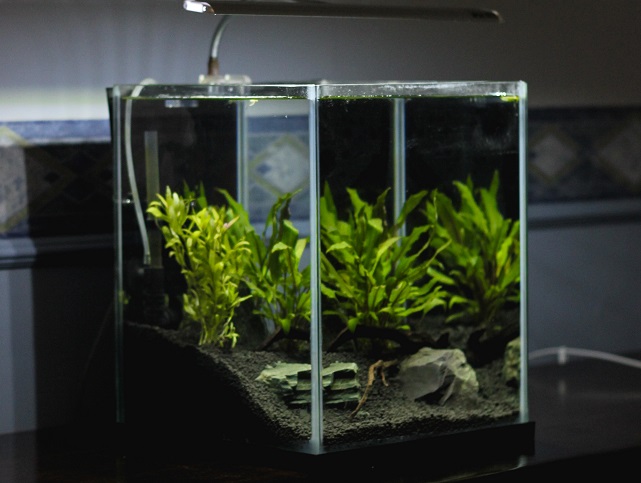
Zeolite’s benefit is known very versatile, even in agriculture. In agriculture, water is most important component, like water in plants, water in aquarium, and water in aquaculture. Water used everywhere. There are lot of water everywhere. In some sector like aquaculture, water quality should be important.
Water for aquaculture is like air for human. Good air quality means healthy, while if there are lot of pollutant, it means not healthy. Same as air, healthy water support the growth of aquaculture product, even just in aquarium.
There are several ways to maintain the water quality, including water filtering pump. But it will cost so expensive if applied in large scale of aquaculture. Another way is using zeolite stone to clear water. We already discussed about pond water quality before, if you like to check out, go to Good Pond Water Quality with Zeolite.
Water pollution is serious problem. As we can see, many rivers have poor quality. Sometimes in some areas, it is difficult to get clean water during the dry season. This water problem also found in pond, aquarium, and another area that covered by water.
Zeolite can be used as water purification. Water purification process refer to the treatment of removing and filtering impurities particle such as microorganisms, suspended soils or dissolved substances in various type of water.

Zeolite have several characteristics that so helpful for water treatment. Zeolite has internal and external surfaces large enough to be able to produce high ion binding capacity. Zeolite has the ability to absorb various heavy metal cations such as Zinc, Copper, Silver, Lead, Cobalt, and Nickel. Effective in filtering pollutant particles and absorbing clean water. Zeolite belongs to GRAS (Generally Regarded As Safe), which is a compound that is safe for humans and animals.
Zeolite have benefit to stabilize ammonia levels when biological filters are used, provides a large surface for the nitrification process by bacteria, able to absorb organic compounds and heavy metals, so water is safe for consumption, stabilize the pH of the water, prevent algal growth that can interfere with fish activity.
Studies found, using zeolite as water filter can make the water cleaner and free of heavy metals.
The conclusion is, zeolite can be used as water treatment and control because of its properties. The properties of zeolite can absorb pollutant from water that contaminate the water. Zeolite can be use in aquarium, fish pond, or even for drinking water.
Thank you for reading this article. If you need zeolite supplier, please contact us. Nusagri have exported natural zeolite overseas. High quality zeolite from Nusagri can improve your plants productivity, clean your water, and keep your animals healthy. There are also many articles in our website. The benefit of zeolite is various.








